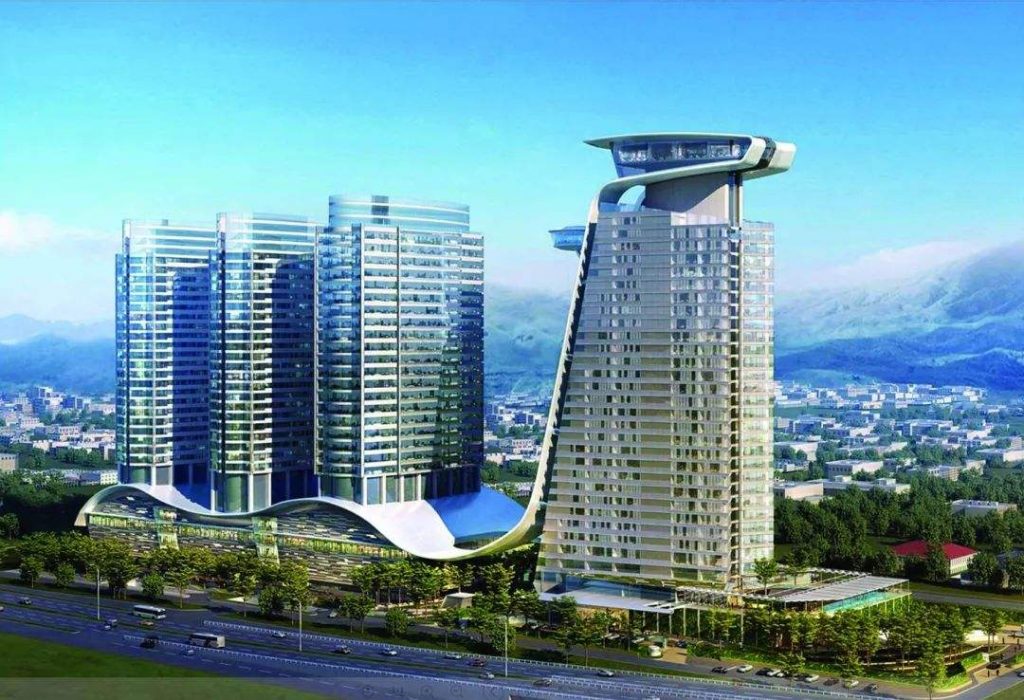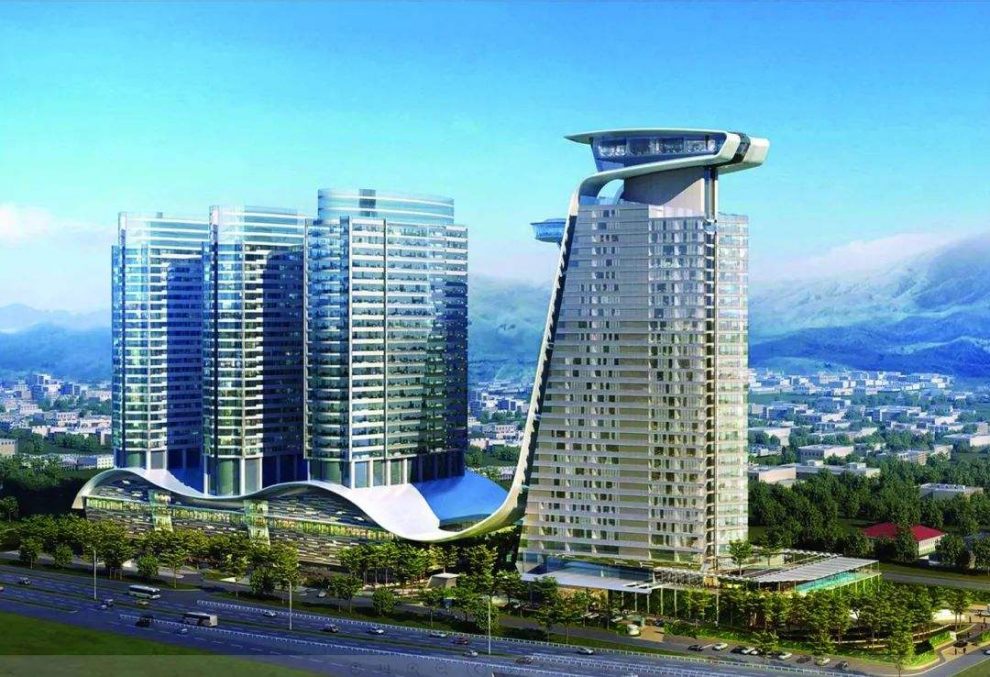From Location to Pricing Strategies, Why Some Hotels Stand Out?
With the booming global tourism industry, the hotel industry is facing unprecedented opportunities and challenges. In such a highly competitive market environment, every hotel aspires to win the love and loyalty of its customers. But what factors make a hotel truly competitive and stand out? Is it its luxurious hardware or its impeccable service? Or, is it because it is situated in a convenient location that makes it easy for customers to explore every corner of the city? In reality, a hotel’s competitiveness is the result of a combination of factors. The purpose of this article is to take a closer look at these key factors and how they work together to shape a hotel’s competitiveness.

I. Location
The location of a hotel is undoubtedly the cornerstone of its competitiveness. A superior location not only facilitates the travel of tourists, but also means greater exposure and higher occupancy rates. Hotels located in the city center, tourist attractions or near transportation hubs are often preferred by customers due to their convenience. In addition, commercial and recreational facilities such as restaurants, shopping malls and cultural attractions in the vicinity of the hotel will provide a richer experience for customers, thus further increasing the attractiveness of the hotel.
II. Functional Configuration and Facility Grade
In modern society, consumers have increasingly high expectations of hotels. They not only expect a comfortable accommodation environment, but also hope that the hotel can provide a variety of convenient facilities and services. From business center to children’s play area, these functional configurations can meet the different needs of customers. Meanwhile, high-quality guest rooms, fitness centers, spas and other facilities have also become important considerations for consumers in choosing hotels. In order to meet customers’ expectations, hotels should constantly upgrade and improve their facilities.
Third, the level of management services
The success of a hotel depends not only on its external conditions, but also on its internal management and service. An effective business strategy can ensure the financial health of the hotel, while quality service can provide customers with an unforgettable stay. An efficient management team and professional, friendly staff are at the heart of a hotel’s service, and they ensure that every customer is satisfied, thus building customer loyalty.
IV. Brand Awareness and Word of Mouth
From the analysis of consumer behavior, when consumers choose a hotel, they tend to first consider those brands that they are familiar with and trust. A recognizable brand often means higher occupancy rates and better performance. And in this day and age, positive online reviews and testimonials have become part of branding. To maintain and enhance their brand presence, hotels should continue to invest in branding and actively manage their word-of-mouth both online and offline.
V. Landscape Resources
A beautiful landscape not only provides customers with a tranquil and relaxing environment, but also enhances the appeal of the hotel. Whether it is a magnificent natural scenery or a bustling cityscape, it can be a great selling point for a hotel. The hotel should make full use of its unique landscape resources to create a unique accommodation experience for customers.
Sixth, the theme of cultural characteristics
As consumers increasingly pursue personalized experiences, hotels with unique cultures and themes are beginning to receive widespread attention. These hotels can not only provide customers with a distinctive lodging experience, but also deepen the emotional connection between customers and the hotel. Whether traditional cultural themes or modern artistic styles, these features can bring more opportunities and challenges to the hotel.
VII. Technology and Innovation
In this era of digitalization, technology and innovation have become key factors in the competitiveness of hotels. From online booking systems to smart rooms, these technologies provide customers with a more convenient and comfortable experience. Hotels should keep pace with the times and continue to introduce new technologies and innovations to meet customer expectations.
VIII. Marketing Strategy
Effective marketing strategy is also one of the keys to the success of the hotel. Through various advertisements and marketing campaigns, hotels can increase their visibility and attractiveness. The hotel should develop appropriate marketing strategies to communicate effectively with its target clientele so as to increase its occupancy rate and performance.
IX. Loyalty Program
Loyalty programs are an effective tool for hotels to establish and maintain relationships with their customers. By offering a variety of benefits and incentives, hotels can encourage customers to return and referrals. This not only increases the hotel’s occupancy rate, but also enhances customer loyalty and satisfaction.
X. Environmental and Social Responsibility
Corporate social responsibility has become an important factor in consumers’ choice of products and services. Hotels need to be concerned not only about the benefits of their operations, but also about their impact on the environment and society. By adopting sustainable business strategies, hotels can contribute to society and at the same time win more support and trust for themselves.
XI. Price
Although price is an important factor for consumers in choosing a hotel, it may not be the most critical when all other conditions are equal. A hotel’s pricing strategy should reflect its quality and service, while also taking into account the market and competitors.
Conclusion
The hospitality industry is an extremely comprehensive industry that involves numerous competitive factors. From location to pricing strategy, every factor has a crucial impact on the success of a hotel. However, each hotel has its own unique positioning and customer base, and therefore, different hotels may assign different weights to these factors. Specific situations are analyzed on a case-by-case basis, and we cannot simply evaluate the competitiveness of all hotels according to a fixed set of criteria. The weight and importance of each factor needs to be adjusted according to the actual situation and market positioning of the hotel. Ultimately, only through a true understanding of their target customers, continuous innovation, and constant improvement of their services and facilities, can hotels achieve long-lasting success in this highly competitive market.





























Add Comment